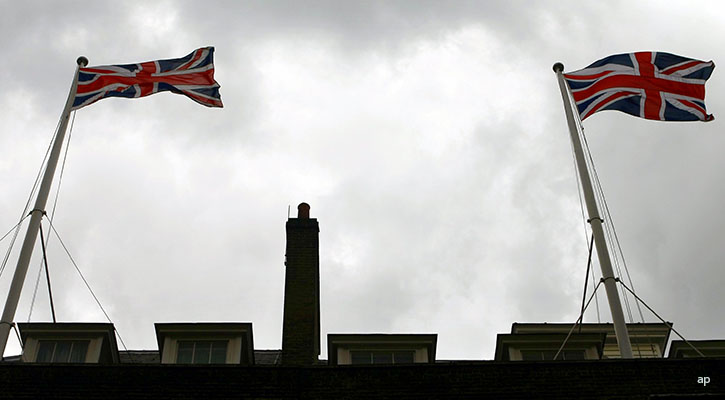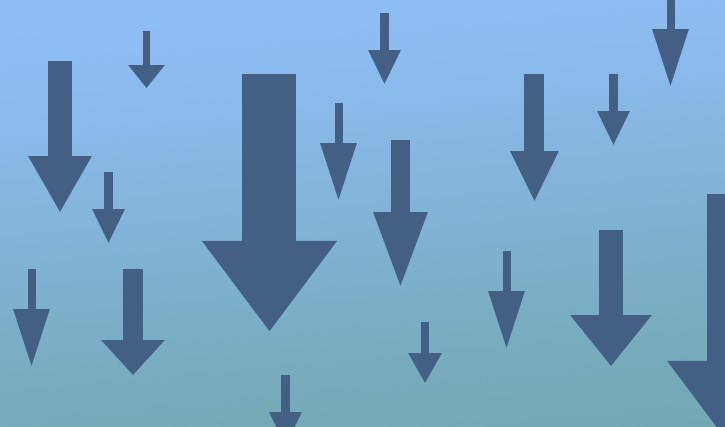
Inflation, interest rates, the war in Ukraine and the pandemic will force the UK economy to “bounce at the bottom” for the next year, according to the Confederation of British Industry (CBI).
At the Morningstar Investment Conference (MIC) UK, which is currently taking place at the Royal Lancaster in London, Anna Leach, deputy chief economist at the CBI told the audience they can expect the UK economy to struggle for the foreseeable as growth will remain weak.
"The war in Ukraine is really a game changer both for the UK and global economic outlook," she said. Before the invasion, the UK was in post-pandemic recovery mode, international travel was resuming, and hospitality was recovering. "But then, the economy turned and pivoted."
On the inflation front, the war has added at least 1% on top of an already high number, driven skywards by energy prices.
That said, the UK’s direct exposure to the conflict is limited. Russia was only about 1% of UK trade and Ukraine accounts for less than Russia. But both are key players in the global supply chain, Leach noted: Ukraine accounts for around 14% of global sunflower exports, Russia is the world’s largest exporter of fertiliser, and both are significant rare metal suppliers. This includes palladium, used in catalytic converters.
"The UK only imports a small amount of its gasoline directly from Russia. But Russia is the world’s largest oil exporter, the second largest oil producer, and traditionally accounts for around 27% of European oil imports and 30-40% of European gas imports," she said.
The Impact on the UK
All these factors have raised the question about whether the outlook for the UK is worse than the rest of the world, Leach said. The UK had one of the strongest recoveries from the pandemic, with 7.5% growth – compared with 7% in France, 3% in Germany and 3.7% in the US. This year, the UK is set to post 3.7% growth, which is "still one of the highest paces of growth" due to the tailwinds from 2021.
It is in the 2023 forecast that the UK is really standing out, with the lowest growth forecast in the G7: "The UK economy for the next few quarters, for the rest of this year, is expected to bounce along the bottom."
She continued: "All of these negative news and negative price shocks have really driven down consumer and businesses and confidence. And as we know, [they are] the driving forces behind spending decisions."
Inflation Drivers
But it is hard to talk about investor confidence without mentioning inflation and its drivers. According to Leach, almost all categories are impacted: food and non-alcoholic beverages, restaurants and hotels, housing and utilities, transport and other.
"Under transport, you’ve both got the impact of fuel prices and of second-hand cars, which last year rose above the price of new cars because of semiconductor shortages. That has started to correct now."
As a result, pressure remains on the Bank of England to help correct inflation in the UK. In May, the CPI number from the ONS stood at 9.1%; the BoE expects the peak to be around 11% while the CBI projects the peak to be 10%.
"Of course, the outlook is uncertain. Some of that uncertainty relates to the likely strength and success of monetary policy in the UK, both in absolute terms, and in relation to global monetary policy authorities. We see that affecting volatility and the level of sterling."
The bank has raised interest rates six times in the past eight months. “Price stability is the focus. What they’re looking at, at the moment, is what’s going on with wages and inflation expectations.
"The challenges are significant. Walking the tightrope between controlling inflation and driving the UK into pronounced recession is a very difficult challenge for all central banks across the globe," Leach concluded.




























